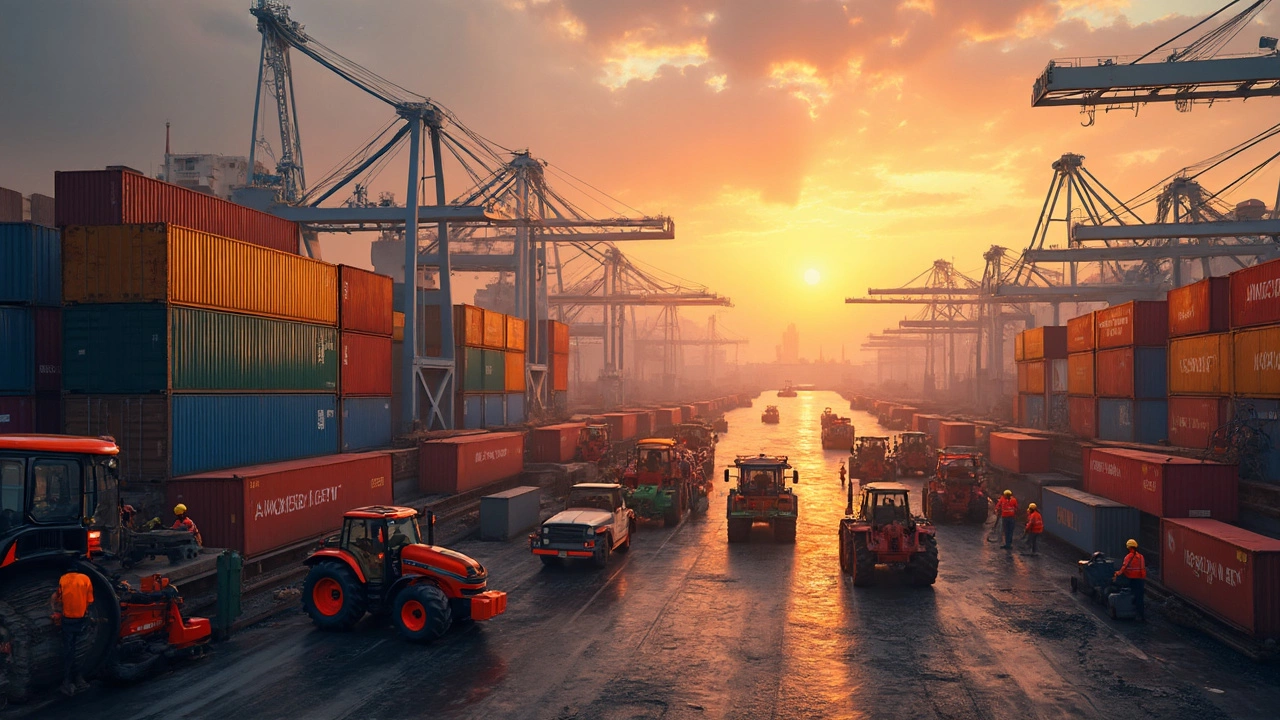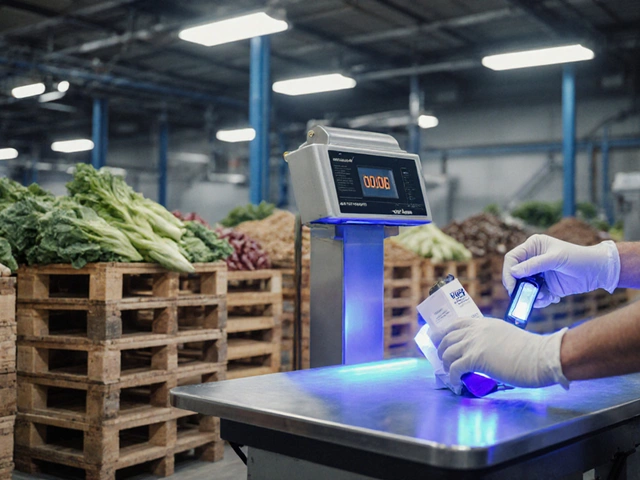Indian Exporters: Powering Global Markets with Made‑in‑India Products
Ever wondered why you see Indian brands in everything from smartphones to HVAC systems? That's the work of Indian exporters, a huge network of manufacturers, traders, and logistics firms that ship goods worldwide. They’re not just big factories; many are small businesses that have found a way to compete on price, quality, and speed.
Top Sectors Indian Exporters Dominate
While you might think textiles or IT lead the pack, the list is surprisingly wide. Below are the biggest players:
- Pharmaceuticals – India is called the "pharmacy of the world" because its drug makers meet strict global standards.
- Automotive parts – From brake pads to engine components, Indian firms supply the US, Europe, and ASEAN.
- Electronics and appliances – Smartphones, routers, and even home air‑conditioners are made in Indian plants and shipped abroad.
- Textiles and garments – Cotton, silk, and ready‑made clothing dominate the US and EU markets.
- HVAC equipment – Energy‑efficient chillers, air‑handlers, and split AC units are gaining traction in the Middle East and Africa.
Each sector follows a similar pattern: compliance with international standards, competitive pricing, and a push for greener production methods.
How to Work with Indian Exporters
If you’re thinking of sourcing from India, start with a clear product spec. Indian exporters love detailed drawings, material grades, and performance targets because it reduces back‑and‑forth.
Next, verify credentials. Look for ISO 9001, CE, or UL certifications, depending on the product. Many exporters also list their compliance on government portals – a quick check can save you headaches.Logistics matter, too. India’s major ports – Mumbai, Chennai, and Kolkata – handle most container traffic, but inland freight can add time. Ask your exporter about FOB (Free on Board) versus CIF (Cost, Insurance, Freight) terms so you know who pays for shipping and insurance.
Payment security is another key point. Common methods include T/T (telegraphic transfer), LC (letter of credit), and newer platforms like escrow services. A small advance followed by a balance after inspection is a common practice.
Lastly, build a relationship. Indian businesses value personal connections. A video call, a short visit to the factory, or even a friendly WhatsApp chat can go a long way in building trust and ensuring smooth communication.
In short, Indian exporters offer a blend of cost advantage, manufacturing expertise, and growing focus on quality. Whether you need HVAC chillers for a hotel in Dubai or textiles for a boutique in Paris, a reliable Indian partner can help you stay competitive in the global market.





